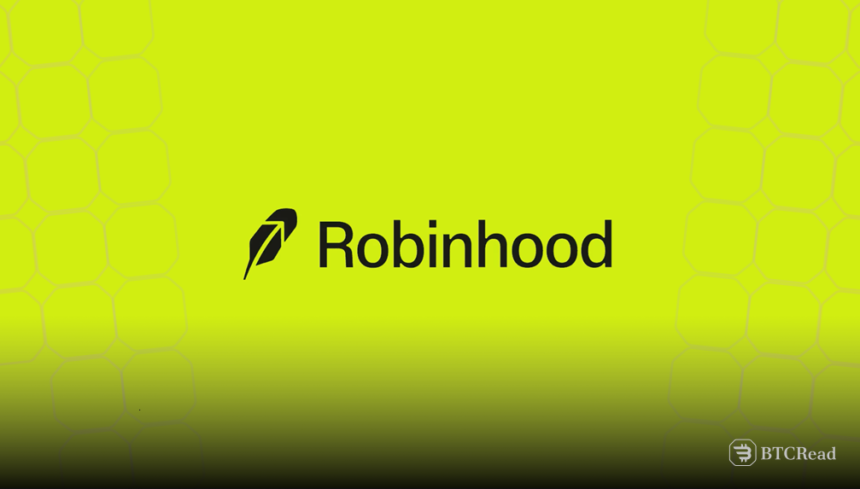Massachusetts securities regulators have launched an investigation into Robinhood’s new prediction markets. The trading platform allows users to bet on various events, including the March Madness college basketball tournament.
The state’s top securities regulator, Bill Galvin, was concerned about linking gambling-like activity to brokerage accounts. He accused Robinhood of using gimmicks to attract young investors into risky trades. Galvin’s office subpoenaed Robinhood for details on Massachusetts users who have traded event contracts. The contracts enable people to bet on specific outcomes in sports, entertainment, politics, and the economy.
Robinhood’s betting model sparks regulatory scrutiny
Their growing popularity has been controversial, with critics arguing they are akin to gambling. Regulators worry that novice users may be enticed into risky betting that is disguised as investing.
Robinhood defended its product, stating the contracts are regulated by the U.S. Commodity Futures Trading Commission (CFTC). Robinhood claimed that prediction markets are becoming increasingly important for retail and institutional investors.
It highlighted the fact that the platform is operating in a regulated and safe environment. Robinhood also noted that it had contacted the CFTC before opening the markets and would continue working with the agency.
The platform provided those markets across the country in the U.S. through KalshiEX, a derivatives trading exchange. The debut came after canceled event contracts related to the Super Bowl at the request of the CFTC. Despite that, the company proceeded with sports betting options tied to the NCAA tournaments.
The subpoena asks for internal documents reflecting Robinhood’s decision-making. Galvin’s office wants to know why the company proceeded with contracts for college sporting events after the CFTC’s earlier intervention. The regulators are also examining how Robinhood marketed the products to clients.
Regulators tighten grip on Robinhood
Robinhood has also been legally targeted by Massachusetts regulators in the past. In 2020, Galvin’s office accused the company of encouraging risky trading through the use of “gamification” techniques. The complaint cited features such as confetti animations to praise trades.
Regulators argued the practices lured inexperienced investors into risky bets. Robinhood later agreed to pay $7.5 million to settle those allegations and address concerns from another 2021 data breach.
This latest probe underscores the long-standing regulatory battle between Massachusetts and Robinhood. Galvin has consistently challenged the company’s business practices, arguing they put retail investors at risk.
The result of the inquiry could have implications for how prediction markets are allowed to function going forward. If the regulators rule the offering is too closely akin to gambling, Robinhood could see additional limits placed on its event-based trading products.







